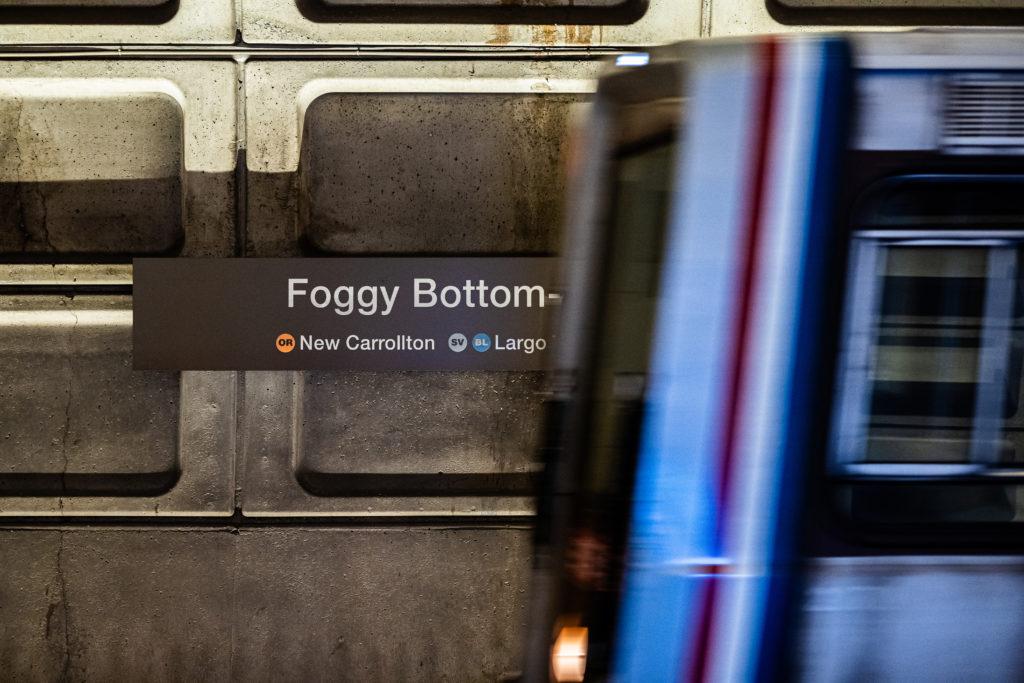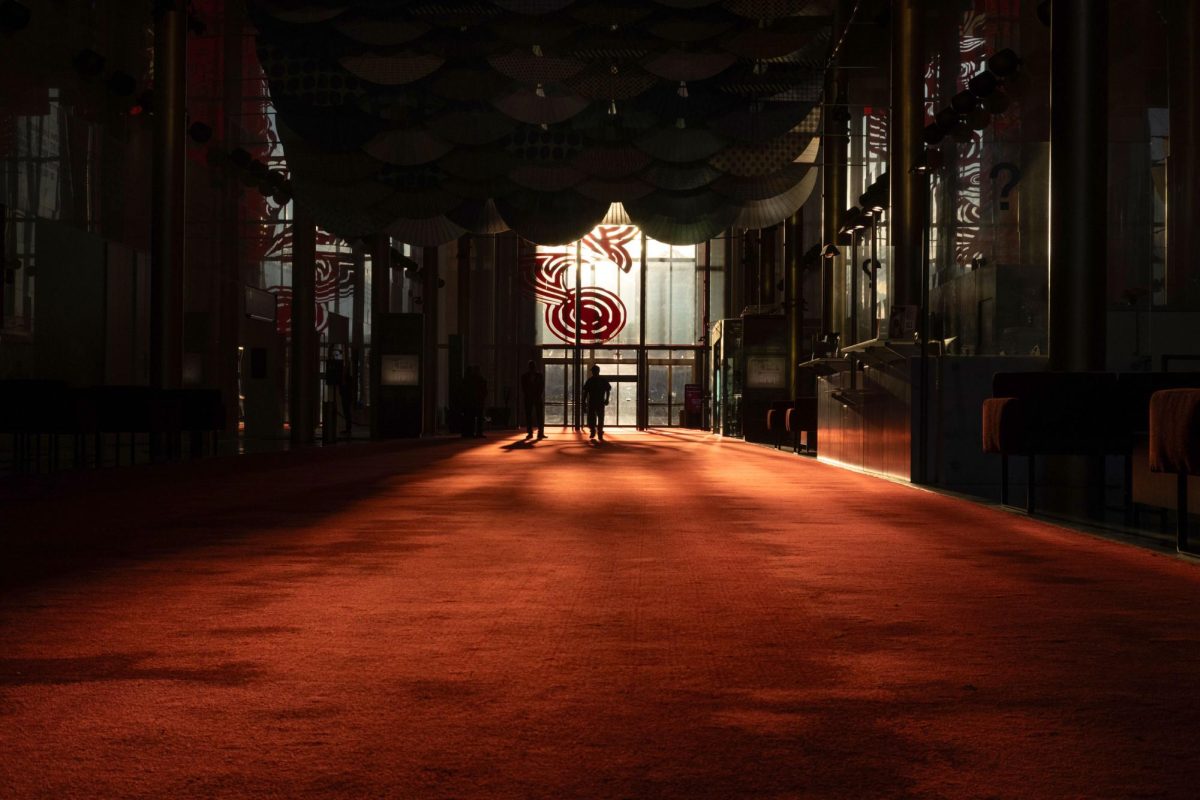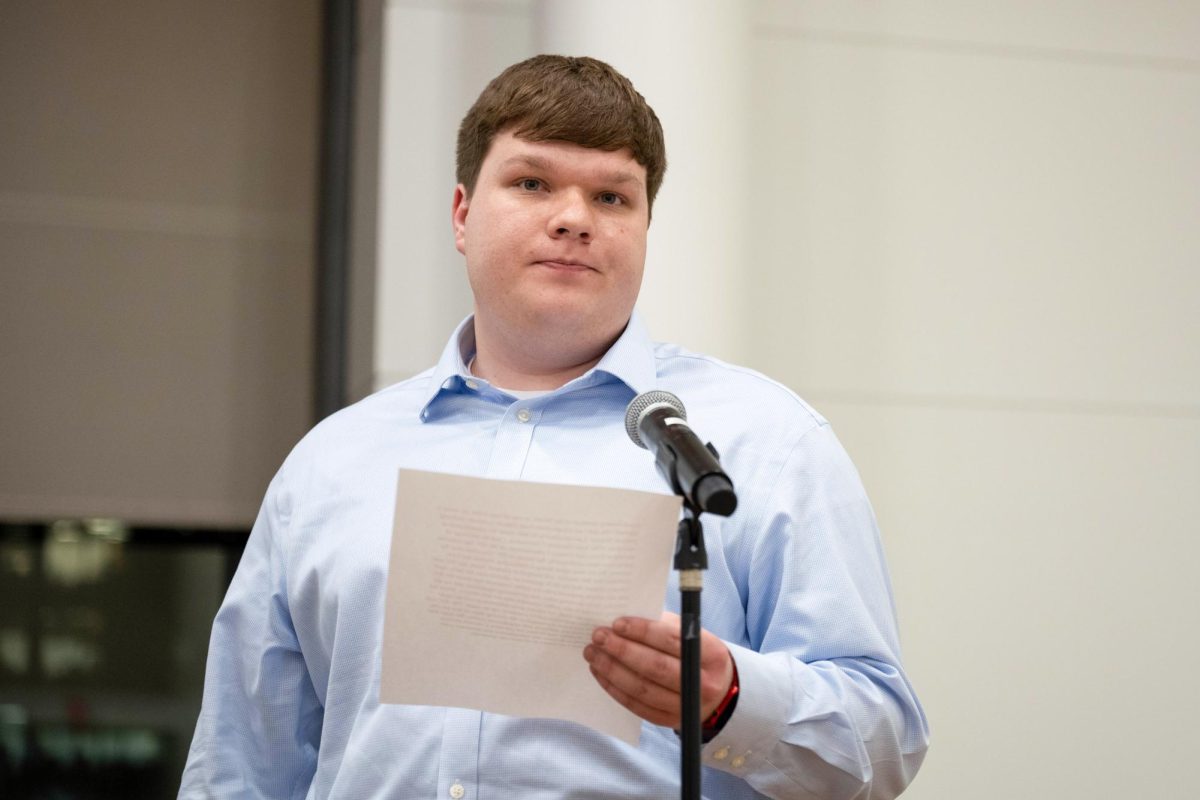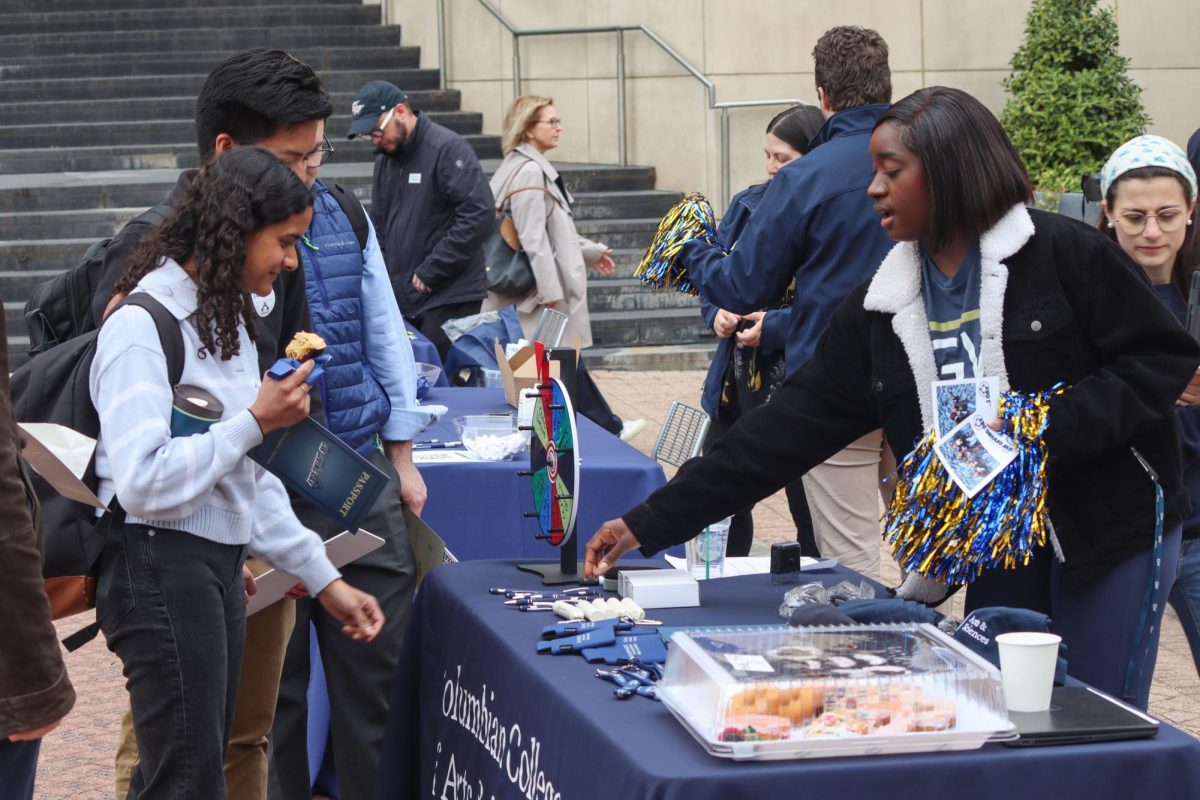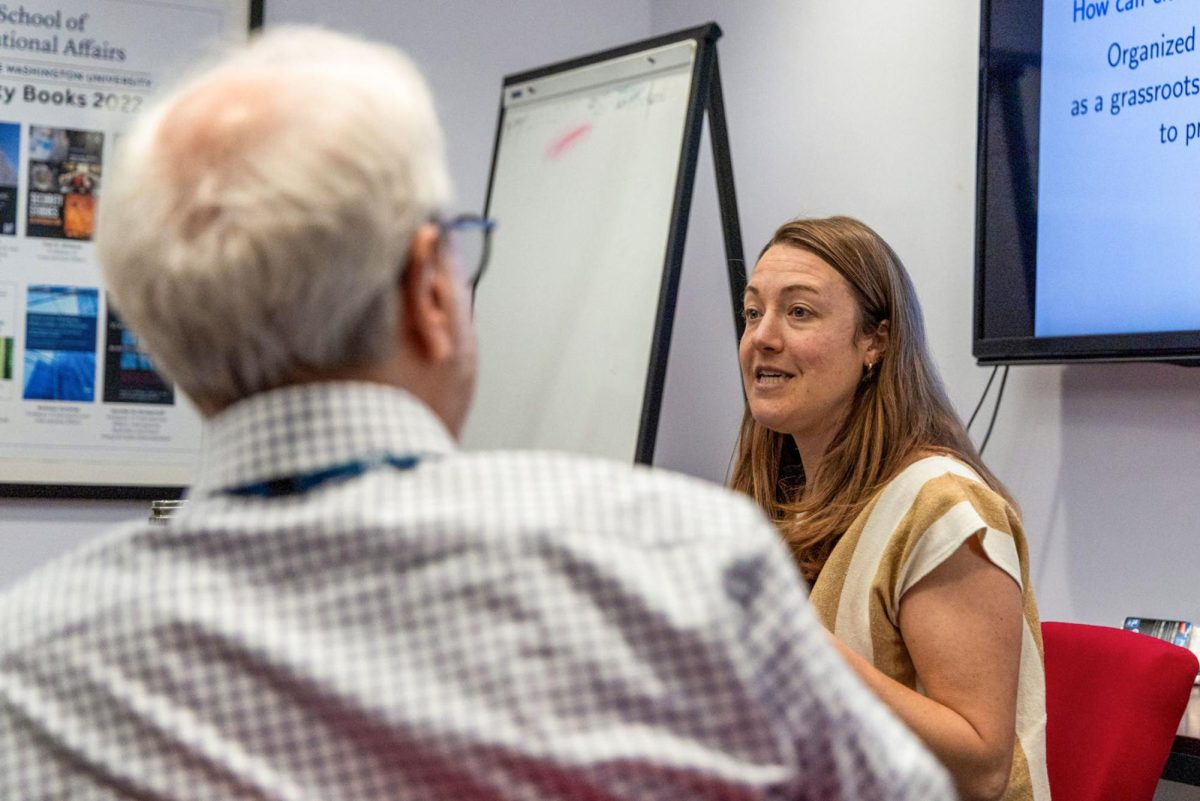Washington Metropolitan Area Transit Authority officials are altering the way they press wheels on its 7000-series rail cars in a multiyear plan that is estimated to cost tens of millions of dollars.
WMATA officials announced in a press release Tuesday they are creating plans to change how they reassemble defect wheels on its 7000-series rail cars discovered in inspection checks. The release states the plan will cost approximately $55 million and that officials will fix the wheel pressing on 20 cars per month, aiming to finish improvements on all 748 cars after three years.
The release came in response to a 1400-page National Transportation Safety Board report providing operational, mechanical and engineering railcar data, including information about the cause of a Blue Line train derailment near Arlington Cemetery in October 2021, sparking officials to temporarily pull all 7000-series trains from operation.
The report states 7000-series railcar wheels “microslip” off train axles because of a lack of pressure between the trains and the track. WMATA engineers believe an increase to the fit and press of the wheels mounted onto the axles of the 7000-series rail cars is an effective method to repair the railcars, according to the release.
“Process changes must be safe and deliberate,” WMATA Chief of Safety and Readiness Theresa Impastato said in the release. “We will take the time needed to get this right because every single rail car must undergo a rigorous process to be ready to serve our customers and support our employees.”
WMATA officials will submit their plan for changes in how the wheels are pressed to the Washington Metrorail Safety Commission, according to the release. The release did not specify when WMATA will submit its plan.
“We appreciate the NTSB making the technical reports available so that we can develop our plan to begin repressing wheels on these trains at a higher standard, including the fit onto the axles,” WMATA Chief Operations Officer Brian Dwyer said in the release.
Officials returned eight 7000-series trains to circulation last June in Phase 1 of the WMATA’s Return to Service Plan and 12 more in September in Phase 2 following the derailment. All trains were allowed in circulation starting in October after approval from WMSC.
WMSC officials responded to the return of 7000-series trains by increasing wait time for Blue, Orange and Silver line trains from 15 to 25 minutes for a week on Jan. 13, citing concerns with train operator training and inspections. WMATA officials successfully appealed the decision on the same day, and the trains continued to run every 15 minutes.
Officials have inspected 7000-series train wheels every seven days since Jan. 28, when WMATA kicked off Phase 3 of the Return to Service Plan that was approved in October. The WSMC temporarily paused the Phase 3 transition in early January, which would’ve increased train wait time to 25 minutes, before reversing their plan later that week and allowing the rollout to continue.
Previously, officials inspected 7000-series wheels for defects every four days during Phase 2, which spanned from September to January, and inspected them every day during Phase 1, which spanned from June to September.
Metro riders experienced delays of up to 30 minutes before officials returned eight 7000-series trains to service in June, as they account for 60 percent of WMATA’s total railcars. The delays came as the opening of the Silver Line extension to Dulles International Airport and Loudoun County continued to be pushed back because of construction issues, opening in November – four years behind schedule.
WMATA announced in March 2021 that it agreed to a contract with Hitachi Rail to purchase up to 800 8000-series cars for $2.2 billion, which may arrive on Metro lines by 2025. The 8000-series trains will have heated floors and considerations are being made for open gangways between cars.
WMATA purchased the 7000-series rail cars from Japanese company Kawasaki between 2010 and 2013 because they had “better” door, signage and camera technology, replacing their current 1000-series railcar fleet at the time, according to then-Metro General Manager Richard Sarles in a September 2013 statement to the WMATA Board of Directors.


